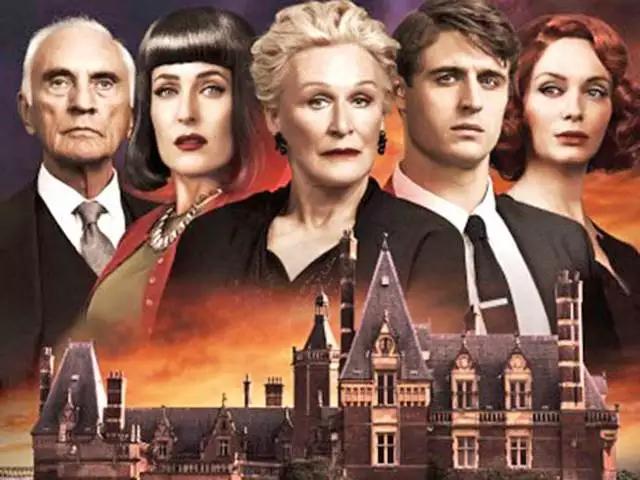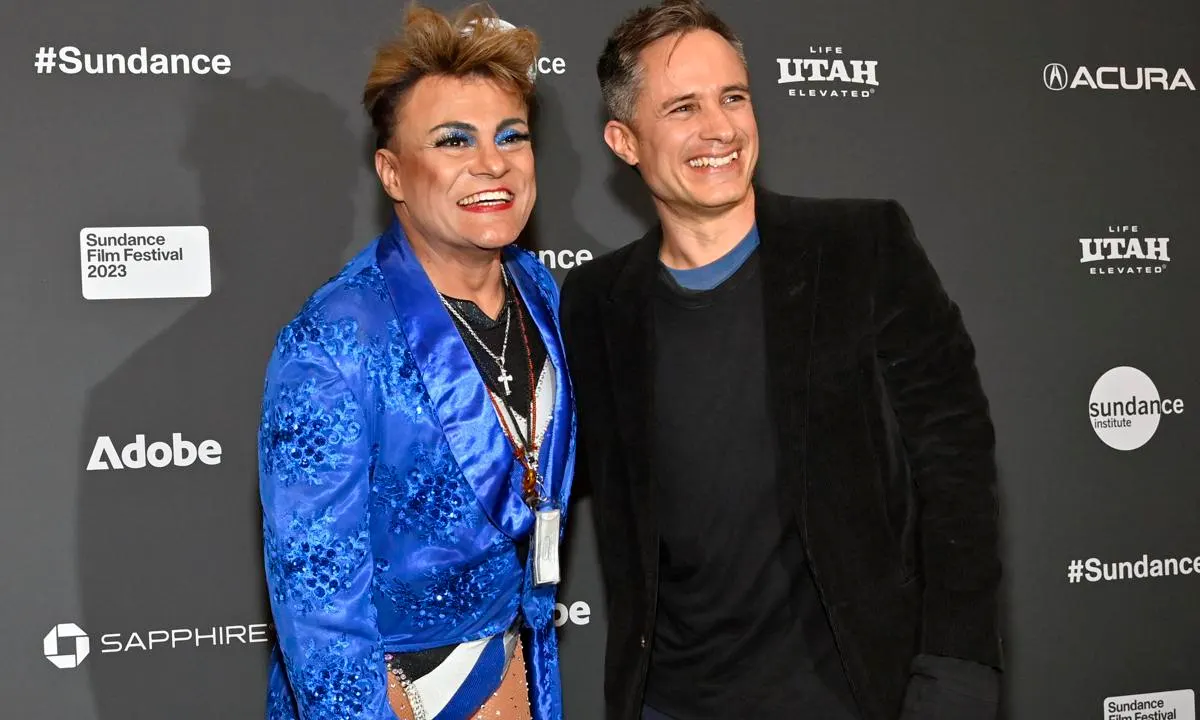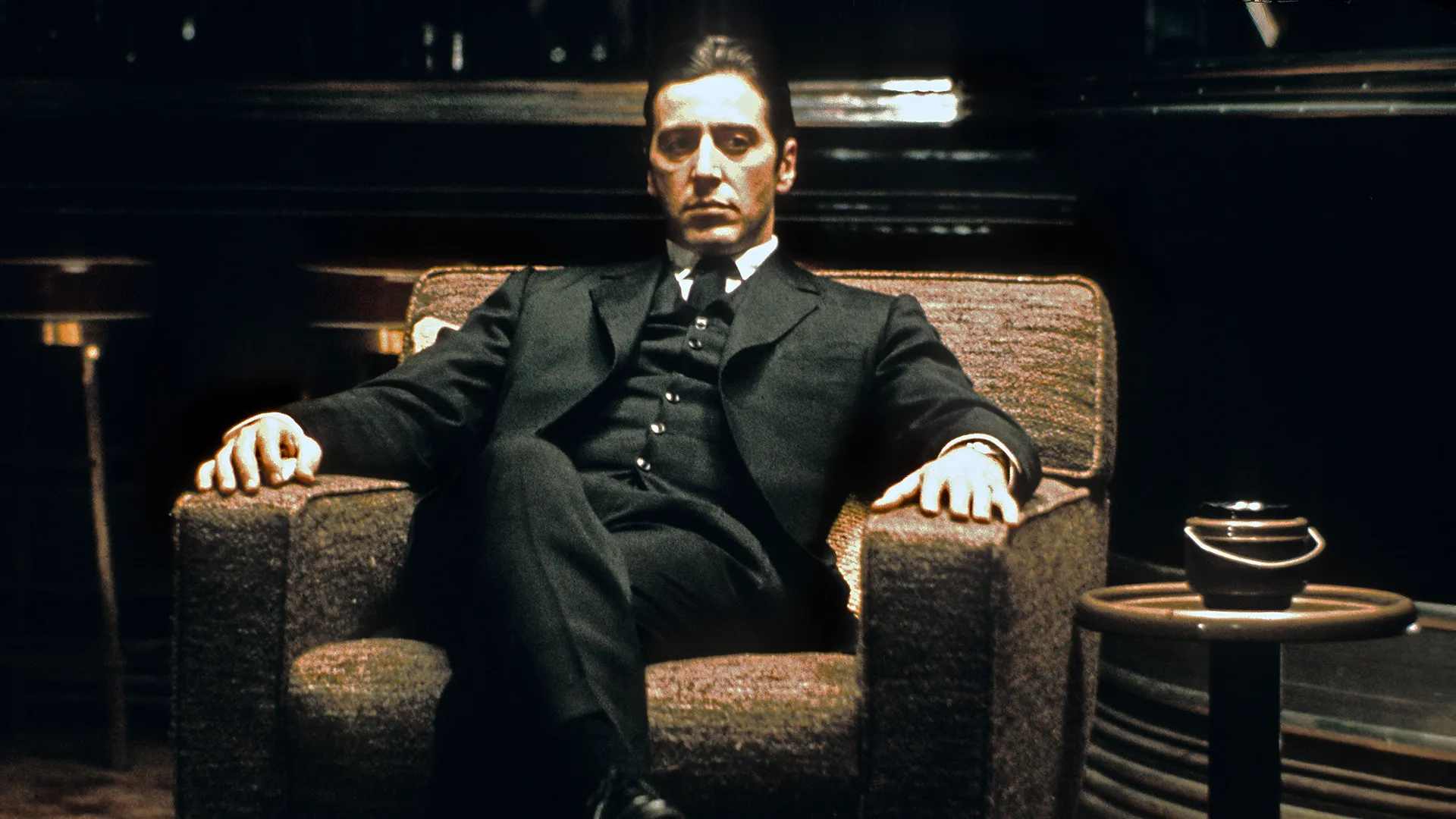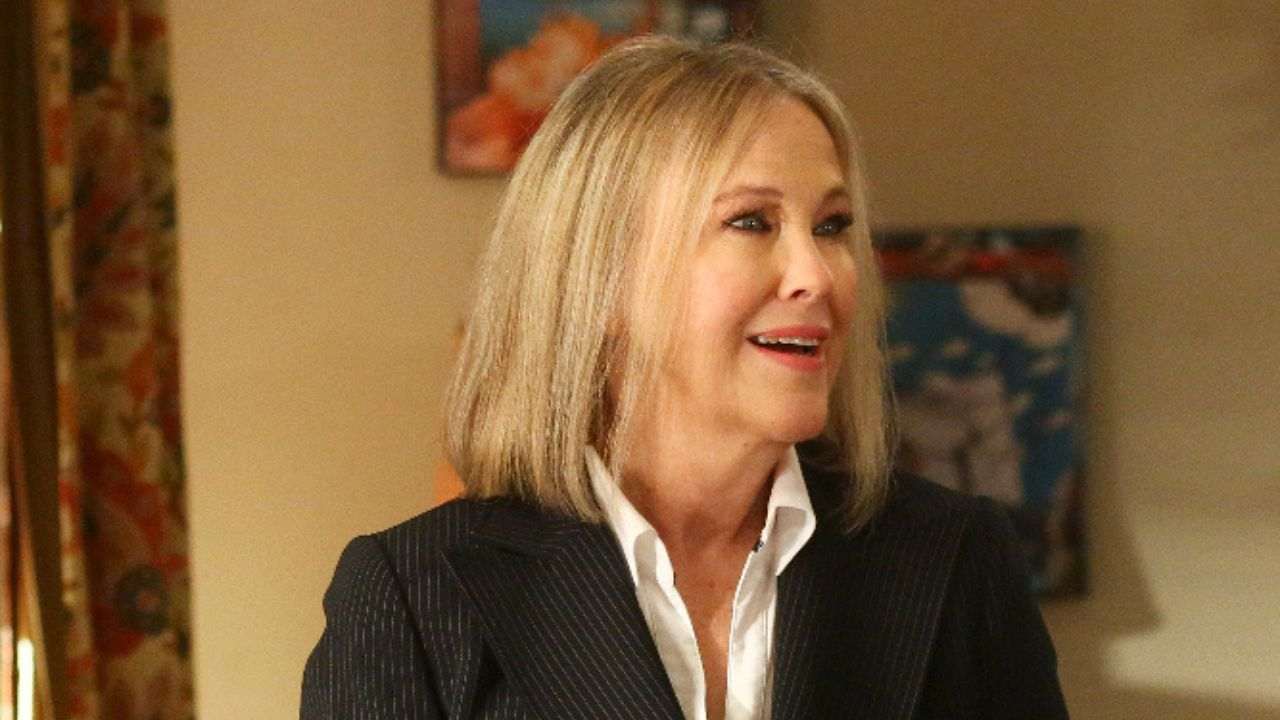George RR Martin Confesses What His Favorite Episode From Game of Thrones
George RR Martin, the renowned author of the epic fantasy series “A Song of Ice and Fire,” which inspired the hit TV show “Game of Thrones,” has recently shared a personal revelation that has piqued the interest of fans and critics alike. In this candid insight, we delve into Martin’s preferred episode among the four he penned for the HBO adaptation. With a legacy that has left an indelible mark on modern storytelling, Martin’s choice offers a glimpse into the mind of the mastermind behind Westeros.
The Master Storyteller’s Unveiling
Amid the anticipation surrounding the release of his much-awaited novel “The Winds of Winter,” George RR Martin occasionally takes a moment to connect with his audience. His blog has become a hub of updates, reflections, and revelations. In one such revelation, the 74-year-old maestro expressed his gratitude for Vanity Fair’s acknowledgment of his contribution to television history.
Martin humbly admitted, “I have never claimed to be perfect… but if the good folks at VANITY FAIR want to say so, who are we to argue?” Renowned for its discerning perspective, Vanity Fair bestowed this honor upon Martin in recognition of his contribution to the celebrated episode “Blackwater” (S2 E9). With a sense of delight, he conveyed, “Naturally, their commendation doesn’t imply perfection. They specifically refer to ‘Blackwater’ [S2 E9], one of the episodes I penned for GAME OF THRONES.”
Author’s Choice: Blackwater, A Personal Favorite
While Martin scripted four episodes of the show, he unequivocally declared “Blackwater” as his personal favorite. He didn’t hesitate to acknowledge the merit of “The Lion and the Rose” (S4 E2) and his soft spot for it. The other two episodes penned by Martin, “The Pointy End” (S1 E8) and “The Bear and the Maiden Fair” (S3 E7), further enriched the series with his unique narrative style.
“Blackwater,” which graced screens in May 2012, stands as a testimony to Martin’s ability to interweave gripping action with deep character development. Depicting the dramatic siege of King’s Landing by Stannis Baratheon, the episode brilliantly captured the essence of the series’ political intrigue and power struggles. Vanity Fair aptly praised its blend of “eye-popping action with finely observed, character-driven moments.”
Dissecting Dissent: A Game of Thrones Star Speaks
In the realm of epic tales, disagreements are not confined to fictional worlds. Conleth Hill, the versatile actor who portrayed the enigmatic Lord Varys, recently opened up about the final seasons of “Game of Thrones.” His insights illuminate the dynamics between creative vision and on-screen execution.
Hill’s candid interview with Times UK shed light on the divergence between HBO and the series’ showrunners, David Benioff and D.B. Weiss. This discordance, stemming from the divergence of the storyline from George R.R. Martin’s source material, led to plot complexities that baffled fans.
Seeking Closure: Character Arcs Unresolved
Hill expressed his contentment with the series up until its penultimate seasons, highlighting a sense of frustration with the concluding narrative. His portrayal of Varys, a character of intricate motivations and allegiances, faced challenges as the show progressed. Hill remarked, “I just felt frustrated with the last couple of [seasons] because Varys wasn’t the all-knowing character he had been.”
One aspect that troubled Hill was the lack of closure between his character and Littlefinger, his political rival. He voiced his disappointment, “I was very bummed to not have a final scene with him.” This sentiment reflects the complexities of multi-character narratives and the inevitable prioritization of certain storylines.
Conclusion: Insights From the Masters
As George RR Martin’s favorite episode reverberates among enthusiasts, it serves as a reminder that creators are bound by both admiration and critique of their own works. The insight into his personal preferences humanizes the literary titan while underscoring the intricate challenges faced during adaptations. Simultaneously, Hill’s reflections unveil the intricate interplay between creative integrity and the complexities of translating stories to screen. In a realm where fantasy meets reality, both Martin and Hill’s perspectives enrich our understanding of the creative process, making the journey through Westeros all the more intriguing.
Also Read: Saw X’ Director Promises A Revolutionary Installment With Tobin Bell As The Key To Success






















